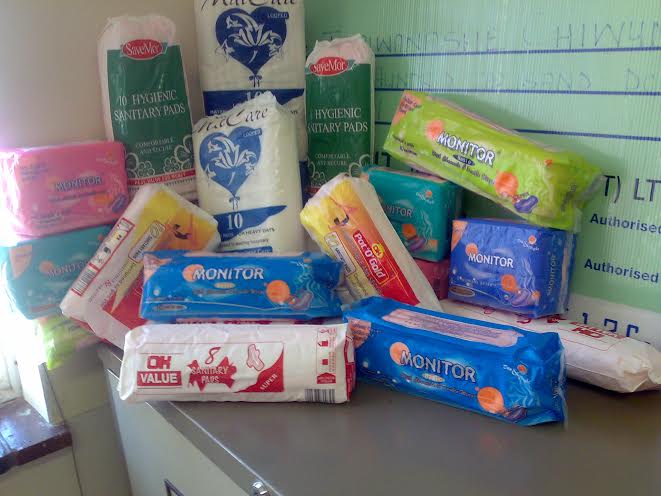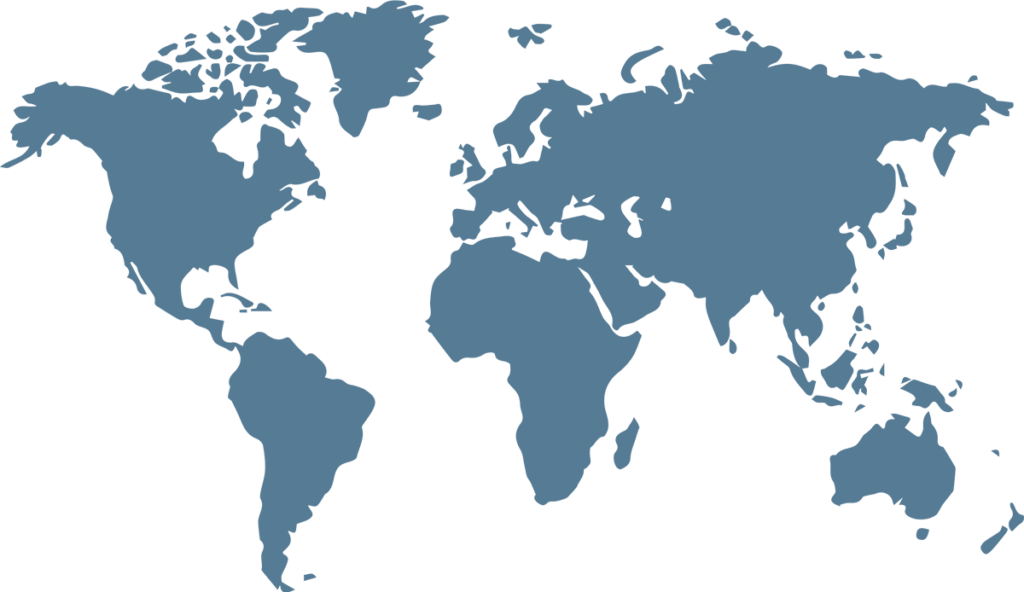By Masline Mavudzi
Deafening calls by women support groups for the government to remove taxes on sanitary wear and consider them a basic necessity seems to be finally getting an ear.
Presenting the 2019 Budget in Harare yesterday, the Minister of Finance and Economic Development, Professor Mthuli Ncube, announced temporary measures to ensure the affordability and availability of sanitary wear.
“In order to cushion underprivileged women and girls in the interim, whilst the local supply of sanitary wear improves, I propose to suspend customs duty for a period of 12 months beginning 1 December 2018.
“Furthermore, I propose to further exempt imports of sanitary wear from Value Added Tax,” said Prof Ncube.
Foreign currency shortages and profiteering by some of the retailers have seen sanitary wear prices increasing beyond the reach of many women and girls.
The most affected have always been the underprivileged girls. According to UNICEF, one in ten girls in sub-Saharan Africa miss school during their monthly period. Some girls reportedly lose 20% of their education for this reason, making them more likely to drop out of school altogether.
Sanitary Aid Zimbabwe director, Miss Theresa Farai Nyava, said the removal of customs duty and Value Added Tax was a positive development though a lot still needed to be done concerning the matter.
“While we welcome the proposal by Treasury to suspend customs duty and VAT on imported sanitary wear for 12-months, we still call for the government to allocate a subsidy to reduce the price of sanitary pads and make them affordable to many women and ring-fence a fund for the supply of free pads to rural school girls and street kids.
“We are also alive to the fact that many retailers who import stock are selling their ware in RTGS, and have to buy foreign currency each time they import. Their ability to stock depends on foreign currency availability and many retailers we interacted with have been complaining of inadequate foreign currency allocations, with some having to resort to the black market where usurious premiums are charged. In the rural areas, about 44 percent of rural shops do not sell any sanitary products at all. Against the above background, it is therefore our appeal to Treasury and monetary authorities to ensure that they provide adequate monthly foreign currency allocations for the importation of sanitary wear,” said Miss Nyava.

